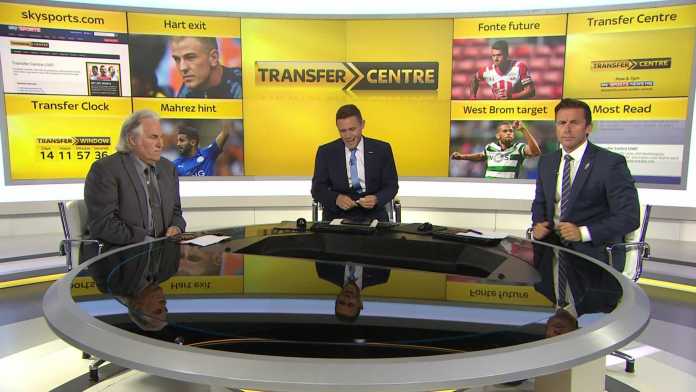

The lucky ones even have the Sky Sports News girls on speed dial.
But personally, I’d rather cover Limerick City and County Council meetings for the rest of my life than be assigned to even the most glamourous of Premier League clubs. Yeah, it’d be great to chat with Conte, argue with Arsene, and pontificate with Pep, to visit Old Trafford, Goodison and St James’ Park. But still I see it as a poisoned chalice, a job where the perks could never make up for the misery and torment of your daily existence.
During the season, football journalists don’t have it too bad, they’ve got something to report on, they may even occasionally receive something other than a pre-arranged soundbite from manager, player or official.
But at this time of year, during the ‘close-season’, they are forced to get creative. And, unfortunately, creativity isn’t something readily associated with your average football correspondent.
Football journalists fabricated stories long before the Internet existed, indeed many of them fashioned entire careers out of back-page exclusives which were about as exclusive as a horny couple at a swinger’s party.

But soon that wasn’t enough, we needed more, and we needed it now.
Enter Twitter and a whole new level of rumour, counter-rumour and counter-counter-rumour. A valuable resource for any journalist, in any field, the social media site became the go-to app for breaking stories, reporters at the scene able to bypass the newsroom and feed the masses directly.
However, some reporters, in some fields, chose to abuse the system. Brandishing blue ticks, the mark of verification which distinguished them from the rank and file, these journalists simply invented stories, stories that were lapped up by an eager public, re-tweeted and taken as fact.
I won’t name names but if you have any interest in football and have a Twitter account, you’ll know the type of people I’m talking about.
These are the people who spent weeks after weeks informing everyone that Real Madrid striker, Alvaro Morata, was definitely on his way to Manchester United. People who quoted figures, personal terms and finite contract deals, and then immediately backtracked when United signed Everton’s centre-forward, Romelu Lukaku, instead. People who claimed they knew all along that the Morata thing was just a smokescreen, that Lukaku had always been the number one target, and that their contacts in the game had told them so.
And that’s just one example. Regardless of who you support, it’s guaranteed that, at some point during this summer, you have been told, in no uncertain terms, that an exciting, much-needed superstar was inbound, on a flight from one of Europe’s major cities, due to appear at the training ground later that day.

In any other field of journalism, you’d immediately be sacked if you were found to be making up stories. The role of a reporter is to inform the public, to provide them with the truth, not to hoodwink them, titillate them with fake news.
But football journalism is different. Such is the hunger for stories, the insatiable desire for the latest transfer news, that no-one really cares whether any of it is true or not. And so, it falls upon the guys with the blue ticks to give the public what they want, to lie not only to their readers, but to themselves as well.










